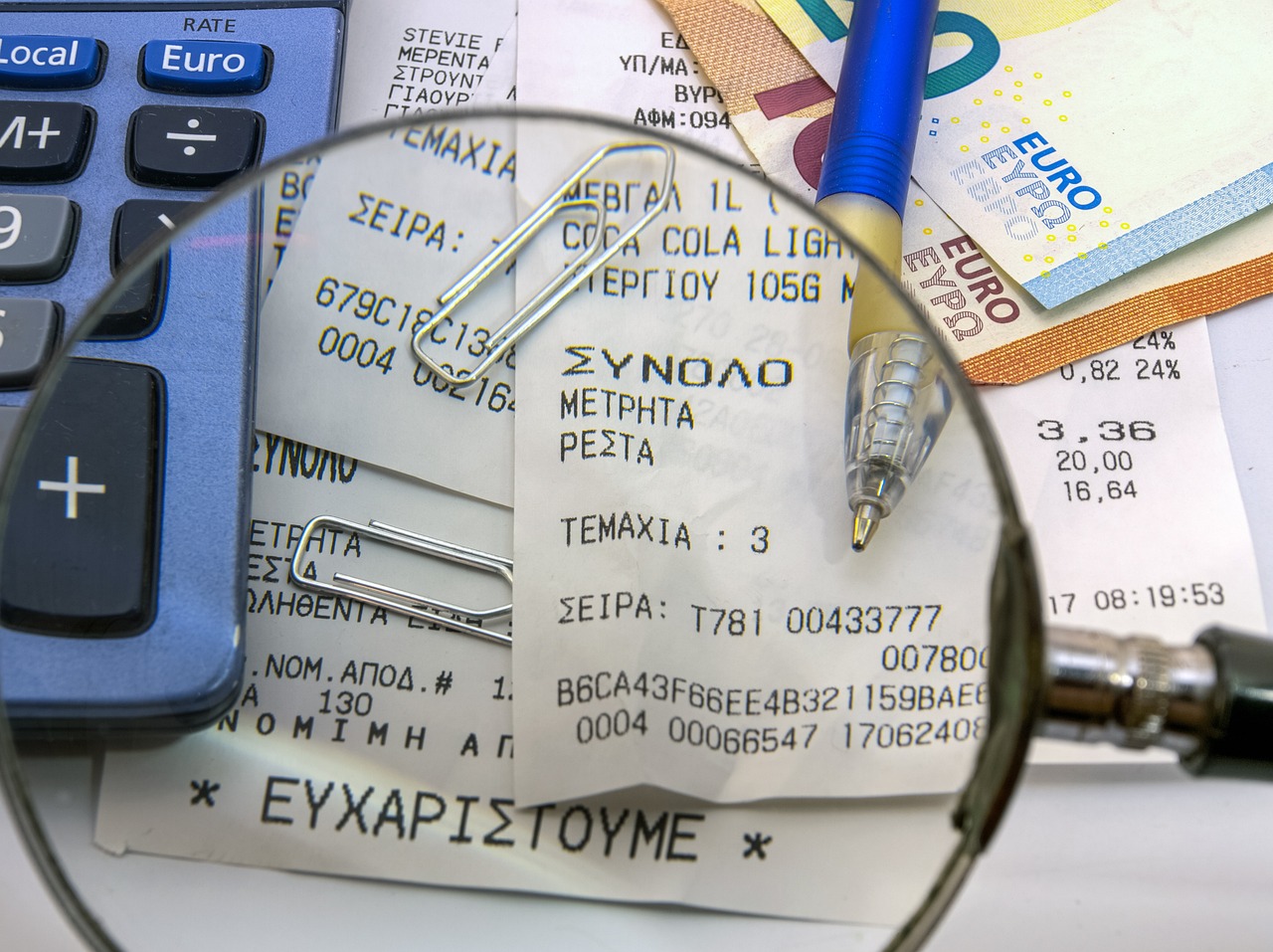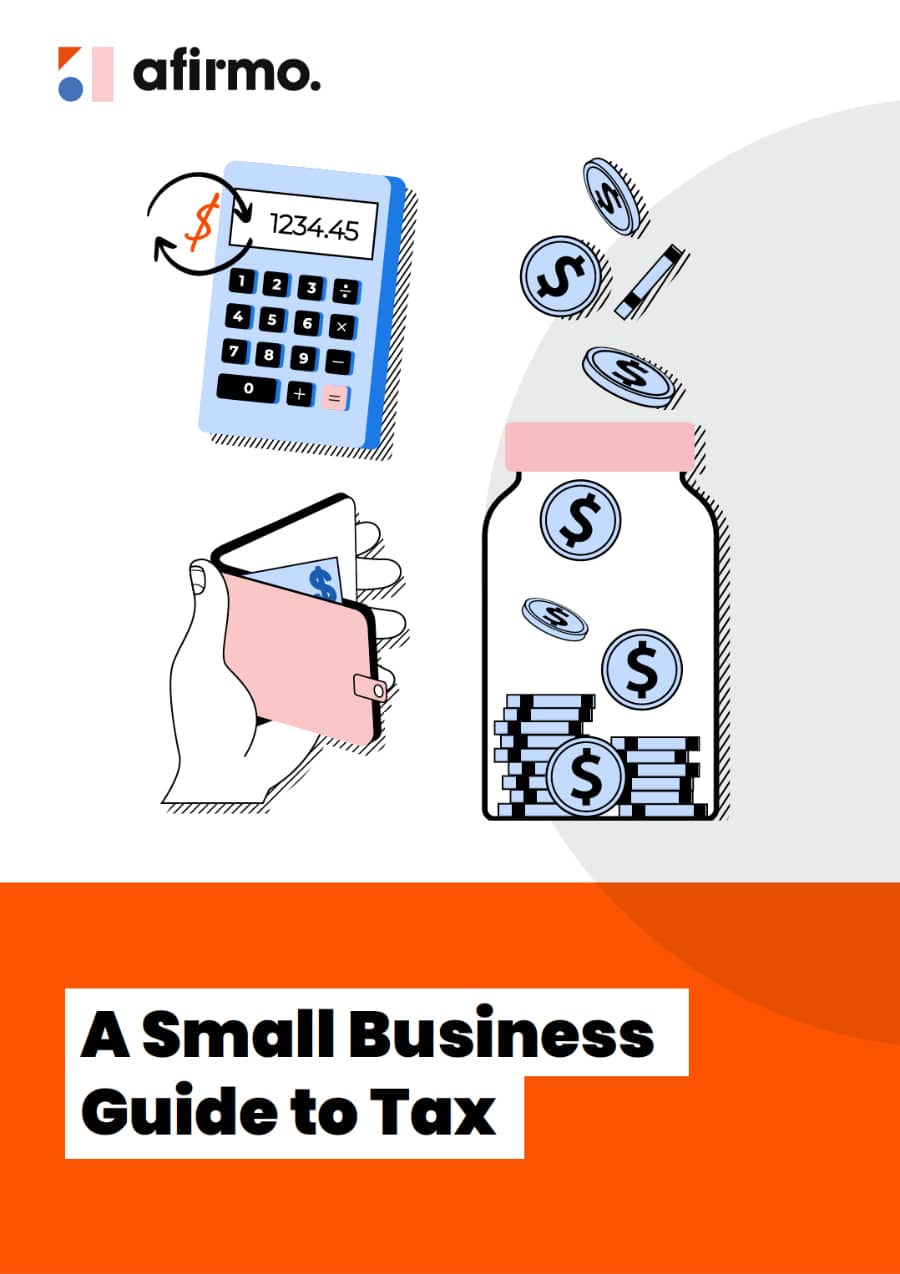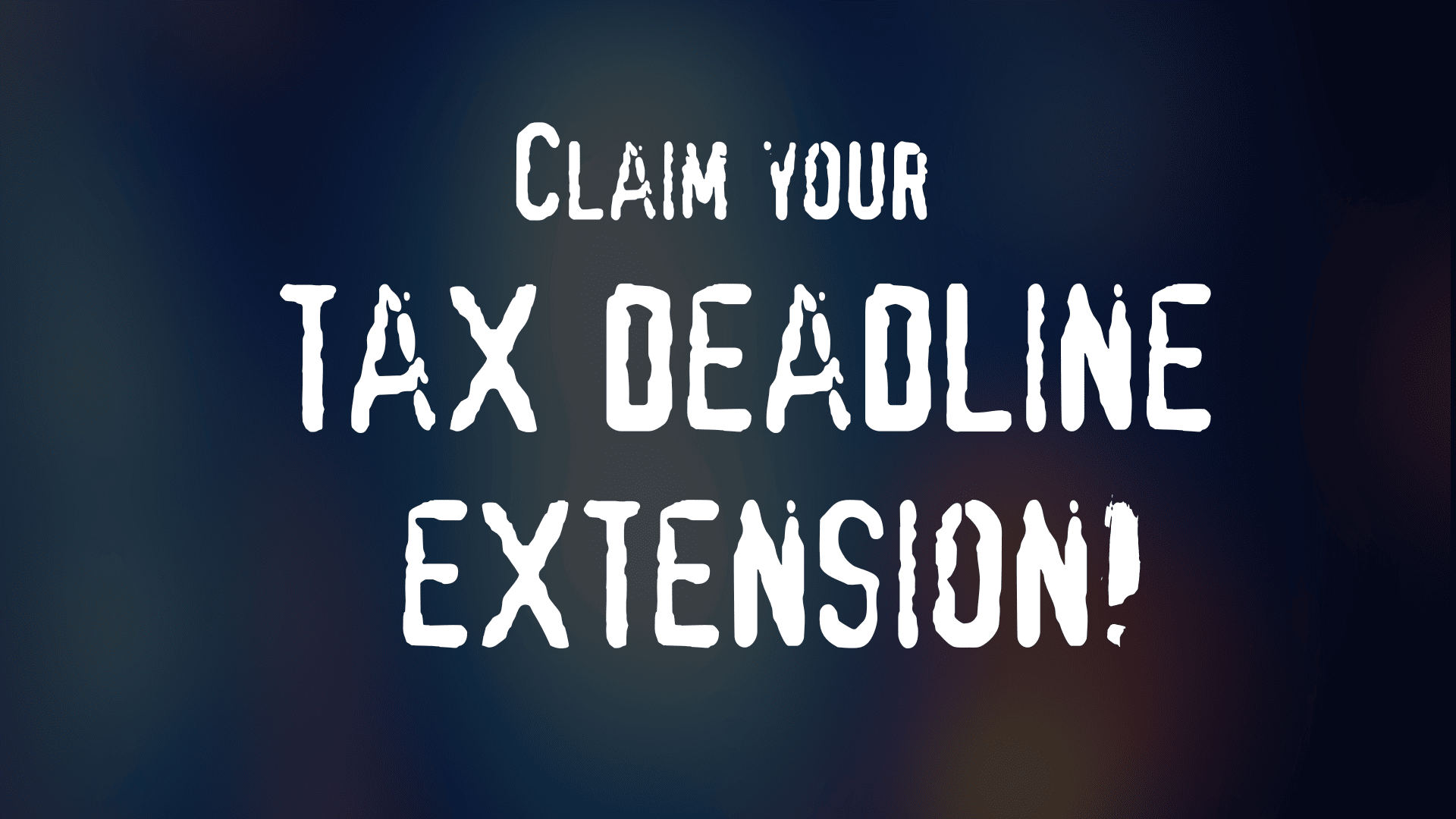Good business records make it easier to calculate your income, expenses, tax returns, GST returns, employer costs and annual accounts as a business. Good business records also help you to run your business well and manage your cash flow. If you end up looking for investors, applying for loans, or selling your business, you’ll be expected to provide detailed and accurate financial records.
When it comes to tax, these records have to be kept for seven years, in case Inland Revenue decides to audit you. If you’re keeping your records on a computer, make sure you back up regularly. It’s a good idea to store the back-ups off site. If you use a cloud based accounting package, or use Afirmo then these back ups are part of the standard product offering.
Below is a summary of the records you should keep – some apply to all businesses and some depend on what you do and how you do it. There are changes coming effective 1 April 2023. We will deal with these after this e-book as the details may change between writing this e-book and 1 April 2023. You can also keep the existing record keeping after 1 April 2023 so the below comments will remain relevant.
It’s important to keep your business and personal finances clearly separated. This usually starts with opening separate bank and credit card accounts for your business, so you can easily record and explain all transactions that flow in and out of your business.
What tax records should all New Zealand businesses keep?
Here’s a list of records according to Inland Revenue.
Main records:
- A cash book that records what you sell and buy and how the transactions were made, e.g. cash, ATM, direct credit, internet banking
- Petty cash book showing cash added and what it was spent on, such as postage, milk and taxi fares
- An up-to-date list of who owes you money and who you owe money to
Banking:
- Deposit books with completed stubs
- Bank statements for all accounts, including credit cards
- Statements showing all interest earned or paid
Income:
- Invoices, credit card sales records
- Debit and credit notes (you send these to customers if your prices for goods or services change after you’ve sent them an invoice)
Expenses:
- Invoices and credit card receipts for your purchases
Records showing how you calculated:
- Tax returns
- Home office expenses
- Private vs business use vehicle expenses (logbook)
Financial accounts that include:
- Balance sheets
- Final profit and loss statements
- A list of assets and liabilities (what you own and what you owe)
- An asset schedule and depreciation calculations
- Dividend statements
Legal documents:
- Lease, credit, and sale and purchase agreements
What additional tax records do some businesses have to keep?
The following tax records are only required if you:
Use a home office:
- Records of home expenses, such as rates, water, power, gas, internet, insurance and maintenance. Also details to prove what percentage of the home is used for business purposes, as this will impact the claim
Register for GST:
- Invoices showing GST you charged
- Invoices or receipts showing GST you paid
Keep stock:
- Manual or computer-based stock inventory/movement records, regular stock-take records
Use a private vehicle for business:
- Records of all vehicle running costs and a logbook
Offer fringe benefits (perks):
- Records of all benefits, such as private use of business vehicles, entertainment expenses, business-paid gym memberships, and free or discounted goods and services (staff rates)
Use a cash register:
- Day books, till tapes and reconciliation records
Employ someone:
- Employment agreements
- A wage book that keeps separate records for each employee of all wages and deductions, such as total earnings before tax; deductions for PAYE, student loan and child support; KiwiSaver employee deductions and employer contributions; employer superannuation contribution tax and so on.
Articles in the Small Business Guide to Tax series
- A small business owner’s introduction to tax
- Choosing a business structure
- The main small business taxes and levies
- Maintaining business records for tax purposes
- Small Business tax registration requirements
- Small Business Tax types in more detail
- Tax payment due dates
- Tax forms and when to file them
- How to get money out of your company



